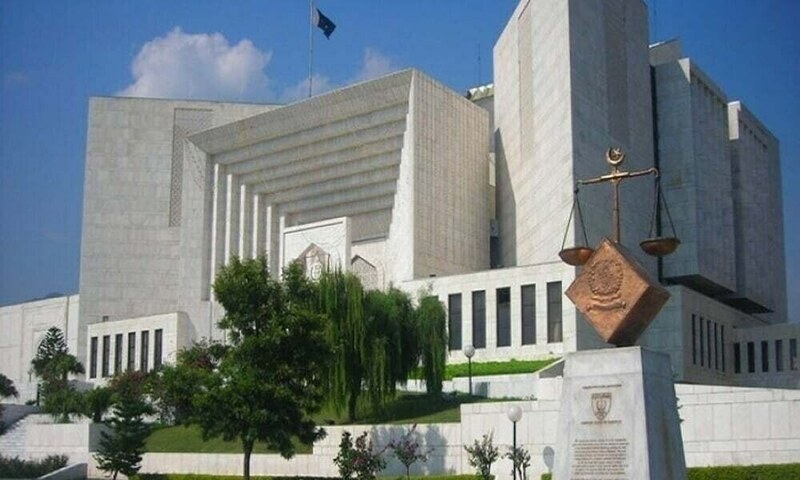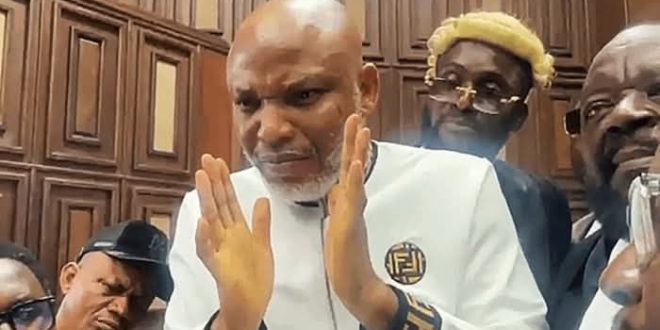Copyright brecorder

ISLAMABAD: The Constitutional Bench of the Supreme Court suspended the Peshawar High Court (PHC) judgment allowing the Cantonment Board to levy property tax on the properties managed by the Evacuee Trust Property Board (ETPB). A five-judge bench, headed by Justice Amin-ud-Din Khan, on Friday heard the ETPB appeals challenging the imposition of property tax on properties vested in and managed by the federal government through the Board. The bench while passing injunctive order in favour of the ETPB, issued notice to the Cantonment Board, Peshawar to examine the constitutional question relating to the tax immunity of federal properties, managed through statutory federal institutions. Appeal against SHC order in ETPB case: Right to fair trial must be ensured by courts: SC The case stems from the PHC’s judgment dated 10 March 2020, which upheld the authority of the Cantonment Board, Peshawar to levy property tax on ETPB-managed properties. The ETPB, aggrieved by the decision, filed three civil appeals before the Supreme Court, seeking suspension of the impugned judgment and protection of its constitutional immunity from local taxation. Hafiz Ehsaan Ahmad Khokhar, appearing on behalf of the ETPB, submitted that the levy of property tax on federal properties is unconstitutional and violative of Article 165 of the Constitution, which categorically bars the imposition of any provincial or local tax on the property of the federation without its consent. He emphasized that no such consent was ever accorded by the Federal Government, rendering the impugned notices void ab initio. Hafiz Ehsaan further argued that under Section 6 of the Evacuee Trust Properties (Management and Disposal) Act, 1975, all evacuee trust properties stand vested in the federal government, with the ETPB serving merely as its statutory instrumentality. Accordingly, any attempt by a Cantonment Board to impose property tax on such properties amounts to taxing the federation itself, a measure expressly prohibited by the constitutional scheme. The ETPB counsel, while referring to Article 165 of the Constitution, contended that no tax can be levied or collected except by authority of law, and any levy inconsistent with the Constitution or imposed without legislative competence is null and void. Since the Cantonment Board derives its powers solely from delegated legislation and lacks constitutional competence to tax federal property, its imposition constitutes a clear usurpation of federal fiscal authority. He further submitted that ETPB properties are federal in nature as per section 6 of ETPB Act 1975, dedicated to religious, charitable, and welfare purposes, and maintained through federal resources without availing local municipal services. Therefore, the levy is not only without lawful authority but also lacks quid pro quo, violating the constitutional principle of fiscal fairness and proportionality embedded in Articles 165 of the Constitution. Copyright Business Recorder, 2025



